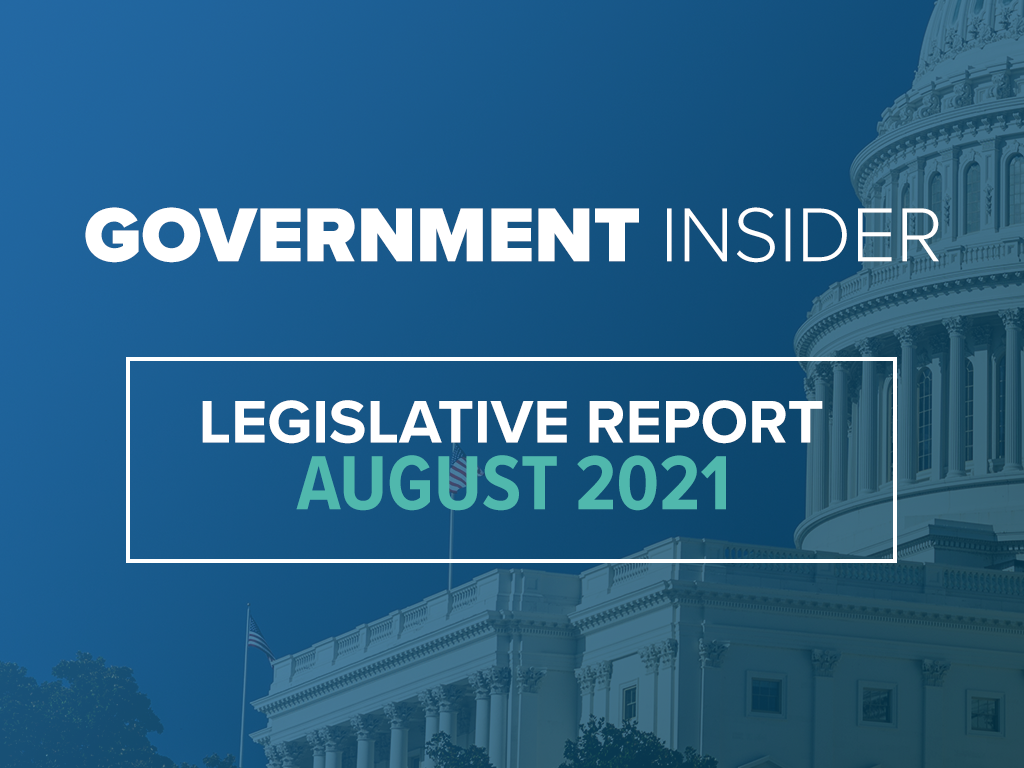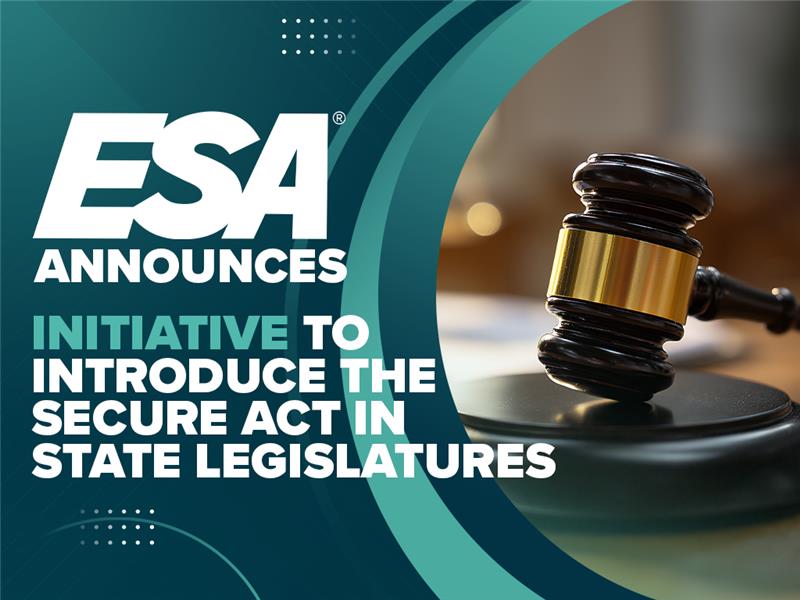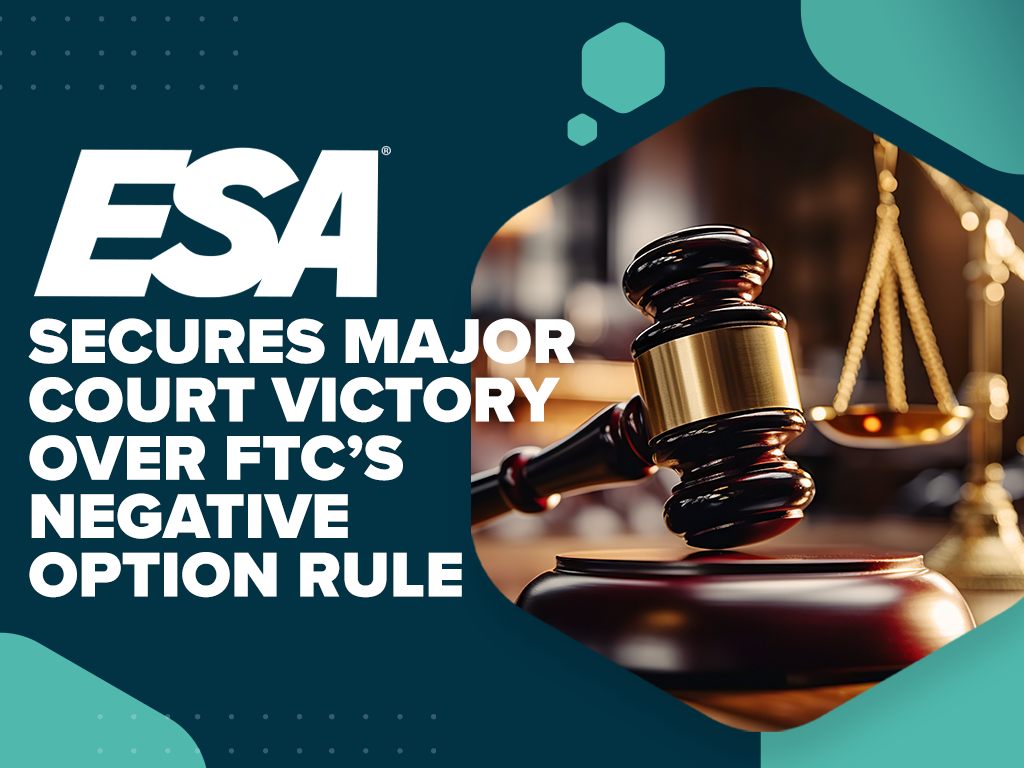Legislative Summary – August 2021

Here are highlights of legislative activity that could impact the electronic security and life safety industry.
Federal Legislative Summary – August 2021
August is typically a month that Congress takes a break from its “sausage making” and members spend time in their home districts. But two bills were introduced that we are following and the major infrastructure bill continued after the Senate passed its version.
H.R. 4967 was filed on August 6, 2021 and it amends the Carl D. Perkins Career and Technical Education Act of 2006 to raise public awareness for skilled trade programs.
H.R. 5104 was filed on August 24, 2021 and it would permit the Secretary of Defense to reimburse contractors for paid leave costs incurred by such contractors during periods of work interruption in order to keep the employees and subcontractors of such contractors working or ready to resume work.
As mentioned, H.R. 3684, the “Infrastructure and Investment and Jobs Act” passed the Senate on August 10, 2021, but this bill is a long way from passing. Among the notable provisions in this bill that could have an impact on electronic security companies (and everyone else) are:
- A provision to establish a pilot program to demonstrate a national motor vehicle per-mile user fee to restore and maintain the long-term solvency of the Highway Trust Fund and achieve and maintain a state of good repair in the surface transportation system.
- Language that addresses climate change, including strategies to reduce the climate change impacts of the surface transportation system and a vulnerability assessment to identify opportunities to enhance the resilience of the surface transportation system and ensure the efficient use of federal resources
Access the Members-Only Federal Legislative Report
State Legislative Summary – August 2021
There were seven (7) bills enacted in August that we are following out of Delaware, Illinois and Oregon. A significant number of bills from California are moving as well.
In Delaware, the most significant bill to pass was SB 93 and a Senate Substitute for SB 93 (S.S. 1). This bill provides protections for consumers in connection with contracts with automatic renewal provisions.
S.S. 1 differs from S.B. 93 by extending the length of covered contracts from 6 months to 12 months. It also adds audio disclosure to the definition of “clearly and conspicuously” and removes the provision stating that a cancellation that is in the same medium as the medium used to enter the contract is considered “cost effective, timely, and easy to use.” It also specifies that a consumer who signs up for a covered contract online must be able to cancel online.
The substitute eliminates the requirement that businesses notify consumers the date at which the contract will automatically renew if not canceled and establishes a right to cure. It also adds matters subject to the jurisdiction of the Federal Communications Commission to the exempted entities.
One of the Illinois bills to become law also makes changes to automatic continuous service contract renewal provisions. HB 3955 provides that a consumer who accepts an automatic renewal or continuous service offer online shall be allowed to terminate the automatic renewal or continuous service exclusively online. It requires a business that makes an automatic renewal offer or continuous service offer online to provide a toll-free telephone number, electronic mail address, a postal address if the seller directly bills the consumer, or another cost-effective, timely, and easy-to-use mechanism for cancellation.
The bills in Oregon that became law will delay implementation requirements for paid family and medical leave (H.B. 3398) and change the total labor cost at which employment is casual from $500 to $1,000 for purposes of the workers compensation law.




